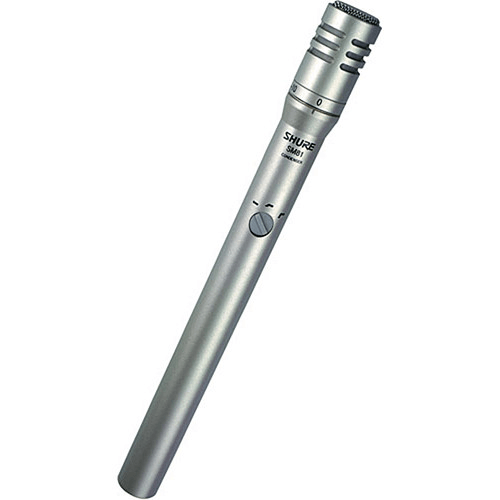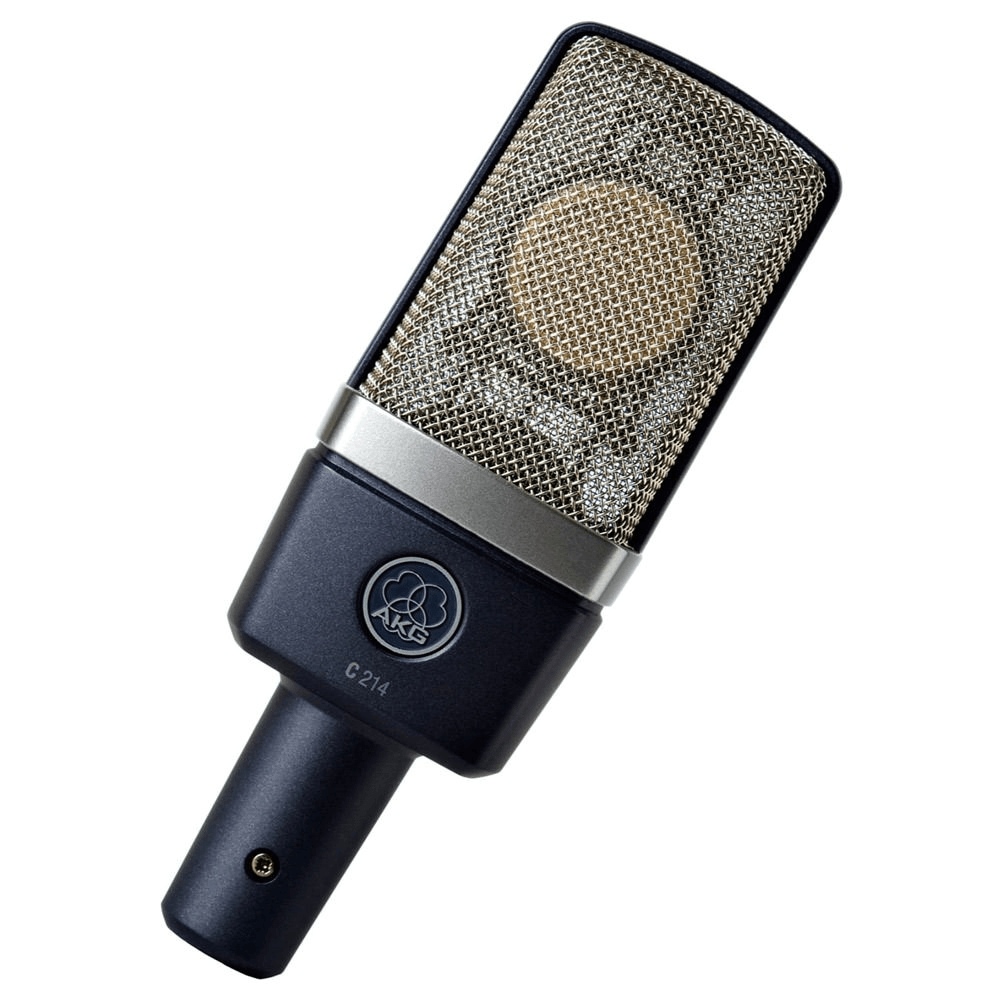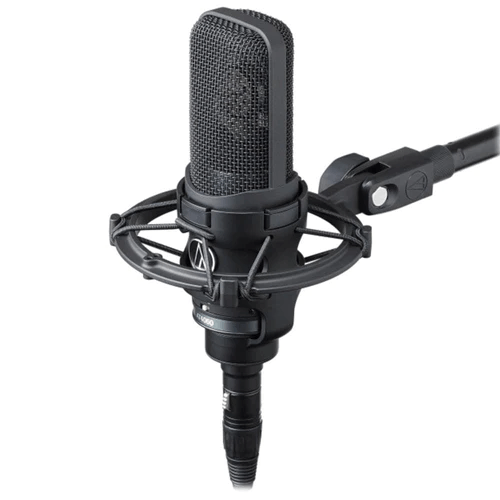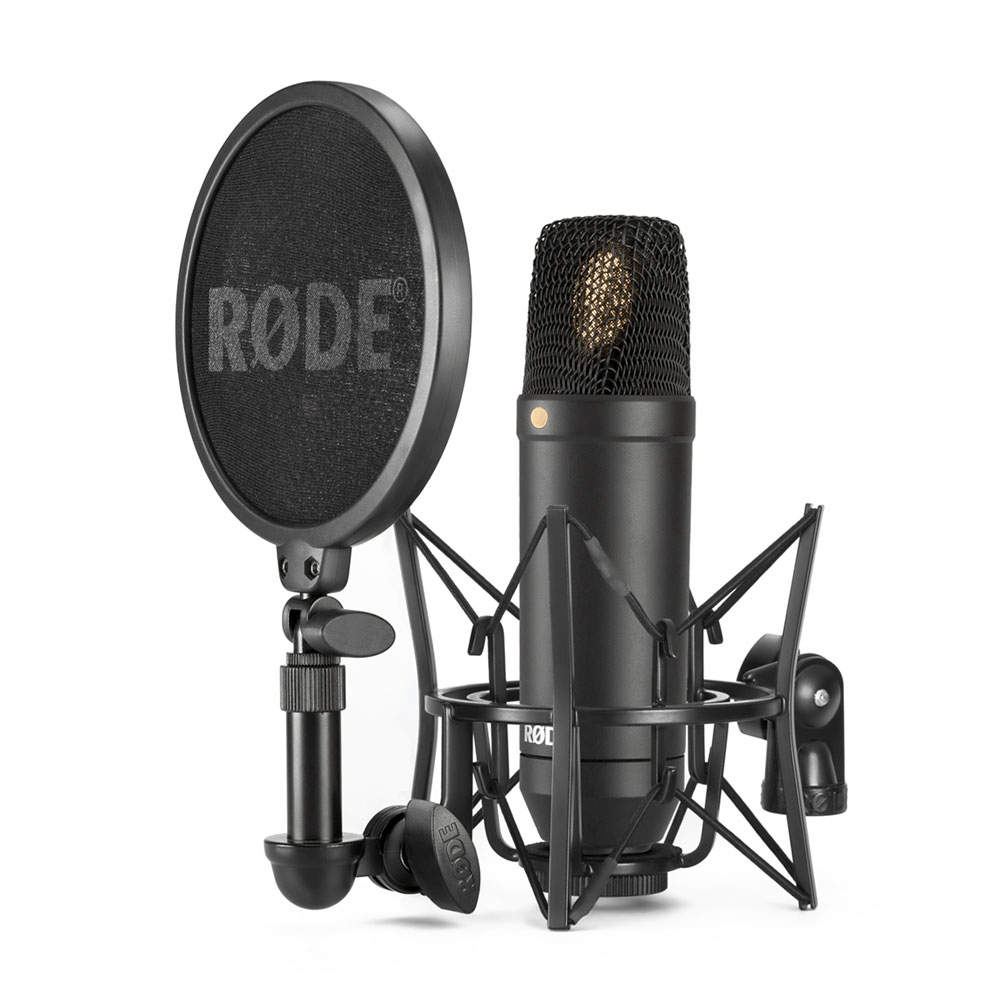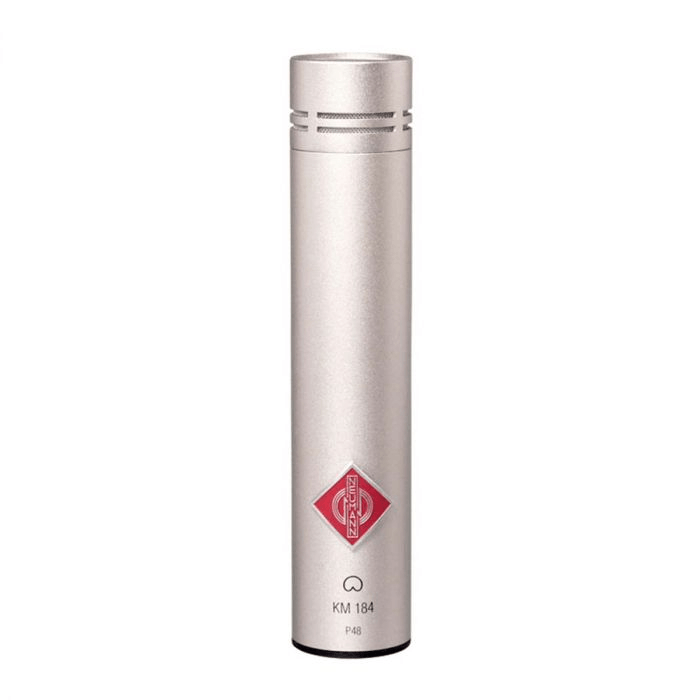Capturing the rich, natural sound of an acoustic guitar alongside the dynamic range of vocals can be a profound experience for both the performer and listener. The right microphone can serve as an invisible bridge, connecting the emotional depth of a performance with the ears of the audience. With so many options available, choosing the best microphone for this dual purpose may seem daunting. But fret not! In this review, we’ve compiled a list of the top microphones that will gloriously marry the intricate melodies of your acoustic guitar with the soulful nuances of your voice, ensuring every strum and note is heard in crystal-clear harmony. Selecting the best microphone for acoustic guitar and vocals involves understanding a few key criteria to ensure you capture the rich tones of the guitar and the nuances of the voice. Here are the criteria to consider: Considering these criteria will help you select a microphone that delivers clarity and fidelity for both acoustic guitar and vocals. Keep in mind that prices fluctuate based on seller, region, and time of year, so you’ll want to check current prices when making your final purchasing decision. Additionally, other factors such as the overall sound character, durability, brand reputation, and user reviews might also influence your choice but may be harder to quantify in a simple table. Brief Intro: Overview: Furthermore, the SM81-LC shines with its versatility. An onboard 10db pad allows the mic to handle louder sound sources without distortion, and a three-position low-frequency response switch helps to tailor the recording to the desired warmth or brightness. This level of control is a significant advantage for capturing the intricate tones of an acoustic guitar or the varying dynamics of vocals. Specs: Pros: Cons: Price: In summary, the Shure SM81-LC is an exceptional microphone for both acoustic guitar and vocals. Its durability, precision, and adjustable features are designed to capture the true essence of your performance. Despite the higher cost and possible need for additional preamplification, this microphone represents a long-term investment into your sound. Whether you’re in a studio setting or performing live, the Shure SM81-LC is a choice you’re unlikely to regret. Overview: The AKG Pro Audio C214 is versatile and an excellent choice for both musicians and vocalists who are looking for a studio-grade microphone that provides a rich, detailed sound. Having used this microphone for various acoustic guitar sessions and vocal recordings, I’ve found its performance to be outstanding, delivering a warm and crisp sound that captures the intricate nuances of an acoustic guitar as well as the expressive subtleties of vocals. Its robust build quality gives it a professional feel, and it comes with a striking aesthetic design that adds a touch of class to any studio setup. What really sets the C214 apart is its cardioid pickup pattern, which is exceptional at isolating sounds from the sides and rear, ensuring that you record what you want without any unwanted room noise or reflections. Specs: Pros Cons Price: Pricing for the AKG Pro Audio C214 generally hovers around the mid-range for a studio condenser microphone. Given its professional-level performance and build quality, I believe it provides great value for money. Though exact prices may vary due to retailer discounts or promotional offers, expect to invest a decent amount into the AKG C214. Remember, quality often comes at a price, and in my opinion, the C214 is worth every penny for serious musicians and recording artists. In conclusion, the AKG Pro Audio C214 strikes a fine balance between quality and affordability. It might not be the cheapest option out there, but for those who are serious about their acoustic guitar and vocal recordings, the investment will definitely pay off in the studio. Its pros far outweigh its cons, making it a strong competitor in its market segment and a reliable choice for anyone looking to capture professional-grade audio. Overview: Specs: Pros & Cons: Pros: Cons: Price: Overview: The Rode NT1-A is a popular choice among musicians and home studio enthusiasts when it comes to recording both acoustic guitar and vocals. The reason for its popularity is its remarkable clarity and warmth that it offers, making it almost a standard choice for anyone looking for studio-quality sound without breaking the bank. Its reputation as one of the quietest studio microphones available is not unfounded – the self-noise level is impressively low, which means you get a cleaner recording of your guitar or vocal performance. From my experience, what really stands out with the NT1-A is its ability to capture the subtle nuances of an acoustic guitar. It respects the natural tonality of the instrument, ensuring that the strings’ resonance and the wood’s character come through in the mix. For vocals, the microphone has a balanced response that flatters a variety of voices. Whether you are recording smooth vocal lines or dynamic passages, the NT1-A handles them with ease. Specs: Pros: Cons: Price: The Rode NT1-A is priced very competitively, often found around $200 – $250. Considering the quality of sound and the accessories that come with it, it offers considerable value for money. In the realm of high-end audio, it’s a solid mid-range option that punches above its weight cost-wise. The Rode NT1-A is a true workhorse in the studio for both newcomers and seasoned professionals. It delivers consistently great results, and while it may not have the prestige of some higher-end microphones, its performance speaks for itself. I’ve seen it outperform mics that are double the price, and for those on a budget who still demand quality, it’s hard to go wrong with this one. Overview The Neumann KM184 is a premium small-diaphragm condenser microphone that is well-regarded in the music industry for its natural sound and precision. Tailored to deliver flat frequency response and a clean sound, it’s particularly well-suited for capturing the nuances of acoustic instruments and vocal performances. In my experience, the KM184 stands out for its ability to preserve the intimacy and detail of an acoustic guitar, translating the instrument’s rich harmonic content into a recorded format that feels both authentic and lively. For vocals, it offers a pristine clarity that can cut through a mix without becoming harsh or strident. The design of the KM184, which is both elegant and robust, also adds to its allure. It’s compact enough to position easily in tight spots, which is ideal for studio work where mic placement is key. When I’ve used the KM184 in recording sessions, it has consistently impressed me with its versatility and the ease at which it can be employed in a variety of recording situations. Specs Pros: Cons: Price The Neumann KM184 is a premium microphone, and its price reflects that. You can expect to spend anywhere in the range of $800 to $900 for this level of quality. While this might be at the higher end of the scale, in my opinion, the investment is justified given the impeccable audio fidelity and build quality the KM184 offers. Conclusion: Selecting the right microphone for your acoustic guitar and vocals is a vital choice for any musician looking to capture the true essence of their sound. The best microphone for you is one that not only fits within your budget but also compliments your unique playing style and vocal range. Whether you’re a gigging artist seeking durability or a studio musician in pursuit of acoustic fidelity, this list offers options to enhance your musical expression. Remember, the perfect microphone is an extension of your artistry, faithfully translating your performance for the world to hear. FAQs: Shengtian New Energy (Shenzhen) Co., Ltd. , https://www.stenergysolar.com
Feature Shure SM81-LC AKG Pro Audio C214 Audio-Technica AT4050 Rode NT1-A Neumann KM184 Price Range Mid-range Mid to High-range High-range Entry to Mid-range High-range Type Condenser Condenser Condenser Condenser Condenser Polar Pattern Cardioid Cardioid Multiple (Cardioid, Omni, Figure-8) Cardioid Cardioid Frequency Response 20 Hz to 20 kHz 20 Hz to 20 kHz 20 Hz to 18 kHz 20 Hz to 20 kHz 20 Hz to 20 kHz Sensitivity -45 dBV/Pa -34 dBV/Pa -36 dBV/Pa -31.9 dBV/Pa -40 dBV/Pa Additional Features Low noise, flat response, 0dB/10dB pad, Low cut filter Low cut filter, 20dB attenuation pad Switchable patterns, 80Hz high-pass filter and 10dB pad Low noise, pop shield, shock mount, dust cover included Very natural sound, High-pass filter, Compact size Shure SM81-LC
The Shure SM81-LC is a small-diaphragm condenser microphone that is widely recognized for its precision and flat frequency response. Designed with acoustic guitar and vocal recording in mind, the SM81-LC is a staple in studios and live settings, offering a clean and natural sound reproduction.
In my experience, the Shure SM81-LC stands out for its reliability and performance when it comes to capturing the nuances of both acoustic guitars and vocals. The microphone’s cardioid pattern does an excellent job at isolating sound from the main direction it’s pointed at, which minimizes room noise and feedback — a feature that’s particularly useful when recording in less-than-ideal acoustic environments. Its robust construction also means it can handle the rigors of both studio use and live performances with remarkable resilience.
The Shure SM81-LC typically retails around $349. While this may seem steep for those on a budget, the investment reflects in the microphone’s professional-grade performance and durability. For those serious about recording quality, the price point is justified by the SM81-LC’s consistently reliable and high-quality audio capture.AKG Pro Audio C214
Audio-Technica AT4050
The Audio-Technica AT4050 is a versatile and high-performing microphone tailored for capturing the nuances of both acoustic guitar and vocal performances. With its smooth, natural sound signature, it stands out as a workhorse in both studio and live environments. From my experience, this mic impressively balances warmth and clarity, which enhances the richness of an acoustic guitar while maintaining the details and expressiveness of the vocals.
The Audio-Technica AT4050 generally retails around $700, though prices can vary depending on the seller and available promotions. While not the cheapest option, its comprehensive feature set and outstanding performance justify the investment, especially for serious musicians and recording enthusiasts who require reliable equipment that can deliver consistent quality across a wide range of applications.Rode NT1-A
Neumann KM184
Yes, several microphones are versatile enough to capture both vocals and acoustic guitar beautifully. However, the optimal choice depends on the specific characteristics of both your voice and instrument.
A condenser microphone is typically more sensitive and ideal for studio recording, capturing the nuances of acoustic guitar and vocals. Dynamic microphones are more rugged, generally preferred for live performances due to their durability and less sensitivity to sound pressure levels.
Recording will usually require additional equipment such as a preamp to boost the microphone signal, an audio interface to connect the microphone to your computer, and possibly stands and cables, unless using a USB microphone that can be plugged directly into your computer.
